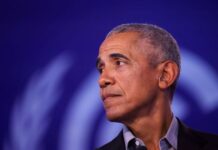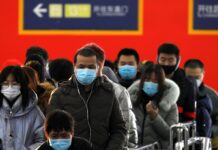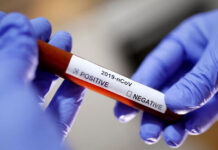The United Nations (UN) has expressed fears that Africa might be left behind in the global drive for COVID-19 vaccination.
And according to the UN Secretary-General António Guterres, a global immunity gap puts the world at risk.
“More than 70 million #COVID19 vaccine doses have been administered so far,” the UN chief said in a tweet on his verified handle on Sunday. “Less than 20,000 of these were on the African continent. A global immunity gap puts everyone at risk. We need a global vaccination campaign that reaches everyone, everywhere.”
More than 70 million #COVID19 vaccine doses have been administered so far.
Less than 20,000 of these were on the African continent.
A global immunity gap puts everyone at risk. We need a global vaccination campaign that reaches everyone, everywhere.
— António Guterres (@antonioguterres) January 31, 2021
South Africa on Monday took delivery of its first shipment of coronavirus vaccines, paving the way to the first phase of inoculation in Africa’s worst-hit country.
President Cyril Ramaphosa received one million doses of the Oxford-AstraZeneca vaccine, produced by the Serum Institute of India, at Johannesburg’s O.R. Tambo airport, footage from public broadcaster SABC showed.
South Africa is the worst-hit by COVID-19 in Africa. Michele Spatari / AFP
Another 500,000 doses of the vaccine are expected later this month.
The jabs will be administered to some 1.2 million health workers, given top priority in the first phase of vaccination.
First injections will be administered in around two weeks after the vaccines go through quarantine, regulatory and quality-control procedures.
With almost 1.5 million detected infections and more than 44,000 fatalities, South Africa has the highest number of cases and deaths on the continent.
Authorities plan to vaccinate at least 67 percent of the population, or 40 million people, by year’s end.
The vaccine delivery “will signal the start of a mass vaccination campaign that will be the most ambitious and extensive in our country’s history,” Ramaphosa said in his weekly newsletter earlier on Monday.
One year after the virus started spreading across the world, “the arrival of the vaccine gives great hope for our country’s social and economic recovery — and, most importantly, for the health of our people,” he added.
The government, which has been accused of being slow to acquire Covid vaccines, announced at the weekend that it had secured an additional 20 million doses — this time of the Pfizer/BioNTech formula.
“Unprecedented global demand for vaccine doses, combined with the far greater buying power of wealthier countries” had slowed talks with pharma companies, Ramaphosa said.









